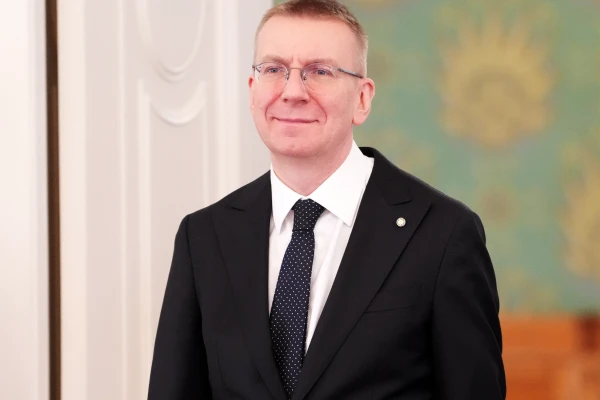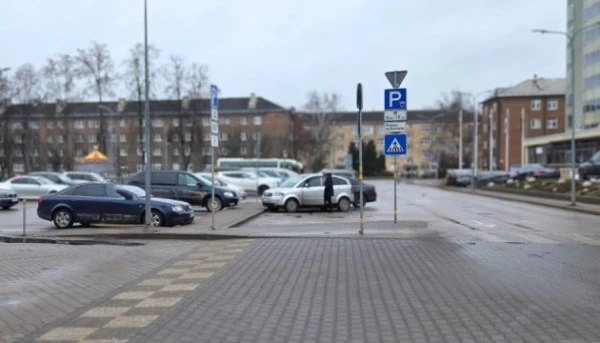
The employment of older people who continue to work after retirement is an important tool for stimulating economic growth. Therefore, the organization ‘Latvian Association of Senior Communities’ (LSKA) believes that the issue of labor activity among older adults must be discussed at the legislative level.
“The rapid aging of society shows that the time when longer participation of retirees in the labor market will become a necessity may come sooner than we think,” notes Lilita Kalna, Deputy Chair of the Board of LSKA.
According to her, for most working retirees, paid work is a financial necessity, and every cent matters to them. If the government wants to motivate people to remain in the labor market after reaching retirement age, it should consider introducing special tax benefits for this age group while maintaining the tax-free minimum for pensions.
“Currently, working retirees have the option to divide the tax-free minimum — 1000 euros — into two parts: half can be applied to the pension, and the other half to the salary. It is also possible not to divide and use the entire amount for the pension. Although this tax-free minimum is a significant support, it should be increased for working retirees. For example, in Germany, starting next year, income for working retirees will not be taxed up to 2000 euros,” explains Kalna.
The Chair of the LSKA division “Seniors’ Sejm,” Barba Girgensone, emphasizes that the benefits of employing older people lie not only in their continued work when they could retire, but also in the interaction between generations in the workplace. “Seniors may be more experienced than the youth, and their skills often better meet the needs of the company. Furthermore, both the enterprise and its employees benefit from the knowledge transfer from the older generation. The synergy that arises from combining the skills of young and older workers can enhance productivity and the innovative potential of the enterprise,” says Girgensone. “LSKA has always advocated that the life experience and knowledge of seniors is a value that should not simply be ‘thrown to the wind.’
The growth of the so-called ‘silver generation’ is not just a Latvian problem. Similar trends are observed worldwide. Therefore, according to LSKA, society and public policy must finally recognize and integrate these people into all areas of life.
Statistics confirm alarming trends: in 2024, the share of residents aged 65 and older constituted 21.9% of the total population, increasing by 0.5% over the year. At the same time, the share of children under 14 years old decreased by 0.3%. Due to the excess of mortality over birth rates, Latvia's population decreased by 13,800 people last year. “These figures are a serious warning signal,” emphasizes LSKA.
The organization believes that in the context of demographic changes and their impact on the labor market, more attention should be paid to lifelong learning opportunities for seniors, enshrined in legislation, as well as developing long-term employment policies and healthcare systems for older people.















Leave a comment